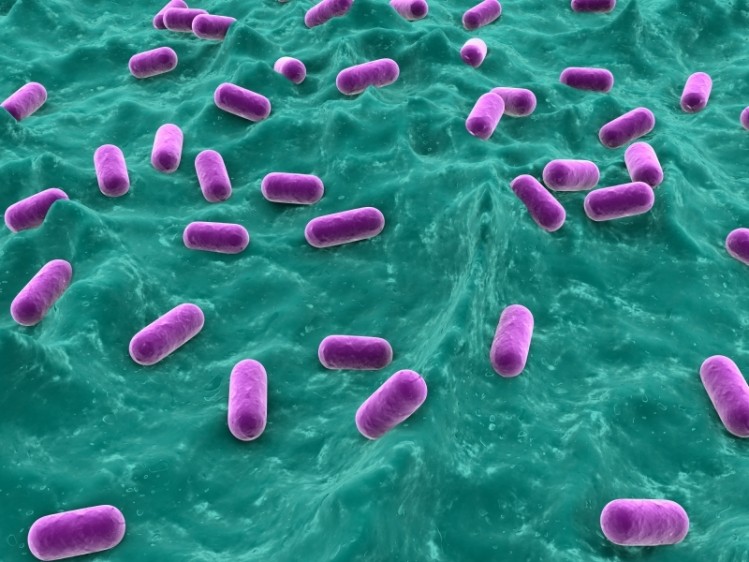Nebraska Cultures joins rush to put probiotics into food with GRAS status on bacillus coagulans ingredient

The development has been a long time coming. Competitors Ganeden Biotech and Sabinsa Corp. have GRAS status on their ingredients for a number of years, Ganeden for its Ganeden BC30 ingredient and Sabinsa for its Lactospore offering. Ganeden in particular has a big lead in food applications, and put all of its eggs in that basket when it sold off the supplement applications for its ingredient to Schiff Nutrition prior to that company’s acquisition of consumer goods giant Reckitt Bensicker.
“We branded it as ProDura over a year ago, but the strain has been on the market for at least 10 years,” Michael Shahani, director of operations of Nebraska Cultures told NutraIngredients-USA.
Choosing the right targets
Shahani said probiotics in supplement applications is a well accepted delivery mode and presents well understood formulations and marketing challenges. The food arena is a bit more unsettled. While ProDura, like other bacillis coagulans ingredients, is hardy and can potentially be used in many food applications, deciding which targets are the best is the trick, Shahani said. It can get tricky from a market acceptance standpoint the farther probiotics venture from their traditional haunts in the dairy aisle. Probiotic energy bars? Probiotic cereal?
NutraIngredients-USA Digestive Health Forum
Nebraska Cultures are among the sponsors for the upcoming NutraIngredients-USA Digestive Health Forum on September 25. For more information and to register for free, please click HERE.
“Putting ProDura into functional foods is a whole different arena. Everybody now wants to put probiotics in their food. The question is will consumers accept having probiotics in that food and are they willing to pay more for it?
“Take probiotic chocolate for example. I think there are people out there still trying to do it, but I don’t think consumers buy chocolate to get probiotics. And I don’t think they are willing to pay more for it just because it has added probiotics,” Shahani said.
Research history
Nebraska Cultures is mostly known for the pioneering research the company’s founder, the late Khem Shahani PhD, did on the company’s signature Lactobacillus DDS-1 probiotic strain when we was a professor at the University of Nebraska Lincoln back in the 1960s. But he delved into other strains, including Bacillus coagulans, Shahani said.
“Toward the end of his career he did some work on the strain with the founder of the company that we got ProDura from. He looked into the stability,” Shahani said.
Shahani said the company has some launch targets in the food realm, most notably a partner that is interested in using the ingredient in a kombucha-type beverage. The stability profile of ProDura means it can reside in a refrigerated beverage for a reasonable period of shelf life even extend to several months, Shahani said.
“As long as you keep it cold, and the pH is not too high, it’s fine,” Shahani said.
The company has also had interest from the manufacturers of softgels and gummies. In the case of gummies, (as well as beverages), the GRAS self notification status of the ingredient could give manufacturers flexibility to label the products as either foods or supplements, he said.













